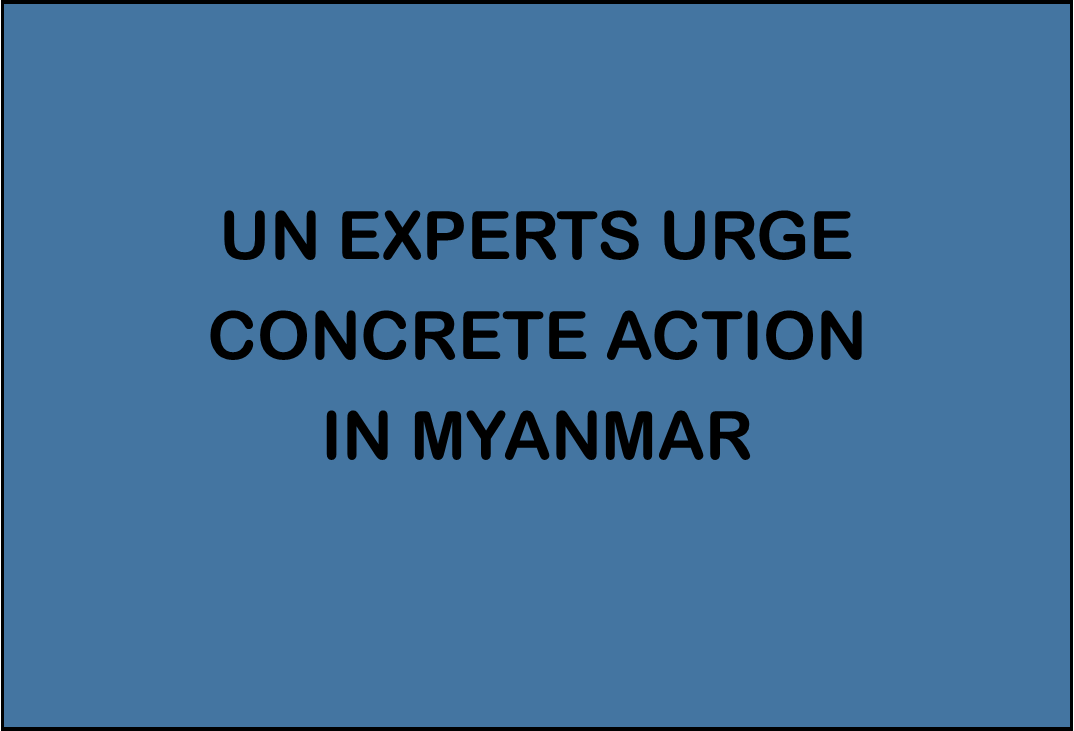
Last month, seven UN experts urged the International Community to do more than releasing statements regarding the critical situation in the province of Rakhine, Myanmar. Since August, at least half a million people have crossed the border, heading to southern Bangladesh – 94% among them are estimated to be members of the Muslim minority Rohingya community. According to the experts:
There have been credible allegations of serious human rights violations and abuses committed against the Rohingya, including extrajudicial killings, excessive use of force, torture and ill-treatment, sexual and gender-based violence, and forced displacement, as well as the burning and destruction of over 200 Rohingya villages and tens of thousands of homes
In the document released by the Office of the UN High Commissioner for Human Rights (OHCHR), the experts try to understand the possible reasons behind the violence that have led so many people to flee from Myanmar. Currently, they are living in weak settlements, with risks of diseases, in special the waterborne ones. Besides calling authorities attention to the need of the end of violence in the region, the UN also highlighted the urgency for funding so that all refugees have access to food, shelter, clean water, healthcare and protective services.
The document is concluded with an urge to UN member states to start taking concrete actions to:
stop the military and security forces from accomplishing their so-called ‘unfinished business’ of getting rid of the Rohingya minority from Rakhine State
This month, an additional $12 million from the Central Emergency Response Fund (CERF) has been allocated to help establish additional sites for newly arrived refugees in Bangladesh. The UN Secretary General, António Guterres, said the situation in Myanmar has become a human rights nightmare.
By Raiane Cardoso (UFRJ)




